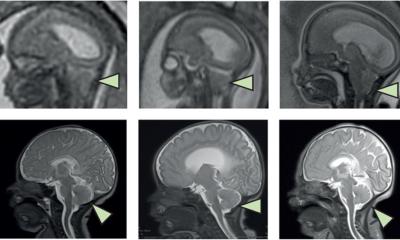News • Getting into shape
'Prehabilitation' to aid recovery after surgery for older patients
Older adults about to undergo elective surgery should undertake a sustained programme of targeted exercise beforehand to counteract the muscle-wasting effects of bedrest, new research suggests.
A study published by researchers in the University of Birmingham’s School of Sport, Exercise and Rehabilitation Sciences showed that short term ‘prehabilitation’ strength exercises, undertaken pre-surgery, are insufficient to prevent muscle loss.

Image source: Pexels/Anna Shvets
In the study, the researchers asked a group of older men to perform four sessions of weight lifting exercise over one week. The participants did the exercises using only one leg, while the other leg did no exercise at all. After completing the prehabilitation, the participants underwent five days of bed-rest – a typical length of stay in hospital for an older patient. Although the researchers expected to find that the leg which had undergone the exercise would experience less muscle loss than the other leg, in fact they found muscle loss was about the same in both legs.
The team’s detailed analysis showed that, while short-term exercise prehabilitation does enhance the body’s muscle-building processes, thigh muscle-wasting was about 3-4 per cent in both legs – roughly equivalent to what older adults would typically lose over 3-5 years of ageing.
The researchers recommend that one approach to protect older muscle from wasting during hospitalisation is to perform longer-term strength exercise prehabilitation beforehand. Dr Leigh Breen, the study’s corresponding author, says: “Although short-term prehabilitation offers a cost-effective and easy-to-implement strategy, it does not prevent muscle wasting among older adults undergoing bed-rest. This muscle loss may be extremely hard to recover from and can lead to long-term health and disease complications.”
In the same was as an athlete would train before a race or a competition, exercise training before hospitalisation is likely to be highly beneficial to older adults undergoing elective surgeries
Benoit Smeuninx
The team recommend that prehabilitation exercise programmes should also incorporate aerobic exercise alongside strength training to protect cardiovascular health, and a protein rich diet to increase muscle mass levels in a way that will effectively cancel out the muscle loss that is experienced during bed-rest They also recommend that, where appropriate and safe, hospitalised older patients should aim to get back on their feet and mobile again as quickly as possible. Post-surgery exercise and dietary strategies will also be important to ensure a return to full health and lower the risk of future health complications.
Dr Benoit Smeuninx, now at Monash University in Australia, is lead author on the paper. He says: “Our study reinforces the need for more research into the benefits of longer term training programmes prior to surgery. In the same was as an athlete would train before a race or a competition, exercise training before hospitalisation is likely to be highly beneficial to older adults undergoing elective surgeries.”
Source: University of Birmingham
25.12.2020





